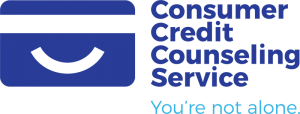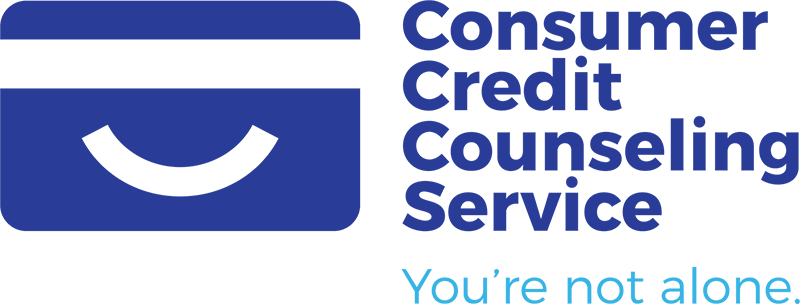Consumer Credit Counseling Service News Articles
Home » News Articles »
Secured Debt is…
Debt is secured when the creditor takes a “security interest” in collateral. Sounds confusing but the concept is simple. For some types of debt, creditors want to know what they can get their money back without too much trouble if you don’t pay them. Taking a security interest accomplishes this. For personal debts, the language creating the interest if included in the contract that the borrower signs when purchasing the collateral.
That security interest gives the creditor rights to the collateral. Collateral is simply property that you pledge to give the creditor if you fail to pay the money you owe them. Collateral on secured debt for personal use is the very property that you purchased with the loan you were given.
Two simple examples: mortgages and auto loans. The collateral is the house or vehicle. In a car loan, the creditor who is making the auto loan to you will take a security interest in that same car. The car is collateral. If you pay off your debt in full, the car will become yours. If you fail to pay, the creditor can exercise its rights and take the collateral back from you. You may be able to “redeem” (get the car back) before the creditor sells it. You will either have to pay the payments you missed or the full balance of the loan, depending on your agreement with the creditor and the law.
If the collateral does not cover the debt owed (for example, the car was only worth $5,000 but you owed $7,000), then the creditor can pursue a deficiency judgment against you to collect the rest.
In a nutshell: for secured debt, the creditor has a right to take property to satisfy the debt.
Unsecured Debt is…
Unsecured debt is a debt for which the creditor does not have a security interest in collateral, and the creditor is therefore not entitled to take property from you to satisfy the debt without a judgment.
Common types include credit cards, medical bills, most personal loans, and student loans. These debts help you do something (buy items, pay your doctor, get an education), but they are not backed by a specific asset. So, if you fall behind and can’t pay, there is nothing the creditor take without legal action. The creditor has to sue you and get a judgment against you. Before that happens, the creditor can use debt collectors and report missed payments to the credit bureaus – which can have a negative financial impacts. You do NOT want to ignore a creditor just because they are unsecured.
**Note: School loans are unsecured, but they are VERY different compared to other unsecured debts, such as the very limited availability of discharge in bankruptcy.
SO why does it matter?
The major lesson is that you should be aware of the difference between secured and unsecured debt, and keep in mind that you typically have more to lose with secured debt. This means that secured debt should generally by the top priority in your repayment strategy.
Secured debt puts your assets at risk. If an asset is very important, you can try to avoid losing it by prioritizing the secured debt over unsecured debt.
To review, keep these tips in mind:
- Secured debt puts an asset at risk, called collateral
- Secured creditors can take the collateral when you default
- Unsecured debt is less risky, but still poses a financial risk
- Unsecured creditors can send your account(s) to collections and report to credit bureaus; they can also pursue legal action against you
- When determining which debt to prioritize think about the importance of the asset at risk, and the impact of your decision on your finances as a whole
- Try to avoid defaulting on any type of debt
Need help?? You are not alone. A credit counselor can help. Contact us for a free budget review and counseling session!
Excerpted from: Bruce McClary, NFCC
Holli Lewandowski, Certified Credit Counselor, Educator, and Advocate


